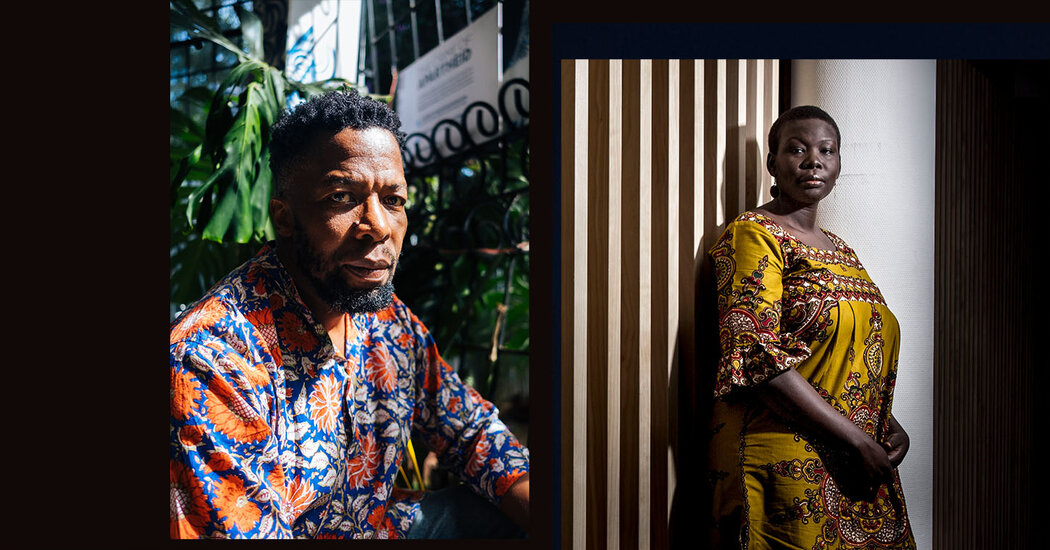
Even in countries where homophobia is pervasive and same-sex relationships are illegal, authors are pushing boundaries, finding an audience and winning awards.
As a queer teenager growing up in northern Nigeria, Arinze Ifeakandu often found himself searching for books that reflected what he felt.
He combed through the books at home and imagined closer bonds between the same-sex characters. He scoured the book stands in Kano, the city where he lived, hoping to find stories that focused on L.G.B.T.Q. lives. Later, in furtive visits to internet cafes, he came across gay romance stories, but they often focused on lives far from his own, featuring closeted white jocks living in snowy towns.
Ifeakandu wanted more. After college, he began writing short stories in which gay men battled loneliness but also found lust and love in conservative, modern-day Nigeria.
“I have always taken my own desires, my own fears, my own joys seriously,” Ifeakandu, 29, said. “I knew I wanted to write characters who are queer. That’s the only way I am going to show up on the page.”
His stories gained traction with readers, and with critics. In 2017, he became a finalist for the Caine Prize for African Writing, and last year, his debut collection, “God’s Children Are Little Broken Things,” won the Dylan Thomas Prize for young writers.
Ifeakandu’s work is part of a boom in books by L.G.B.T.Q. writers across Africa. Long obscured in literature and public life, their stories are taking center stage in works that are pushing boundaries across the continent — and winning rave reviews.
We are having trouble retrieving the article content.
Please enable JavaScript in your browser settings.
Thank you for your patience while we verify access. If you are in Reader mode please exit and log into your Times account, or subscribe for all of The Times.
Thank you for your patience while we verify access.
Already a subscriber? Log in.
Want all of The Times? Subscribe.
